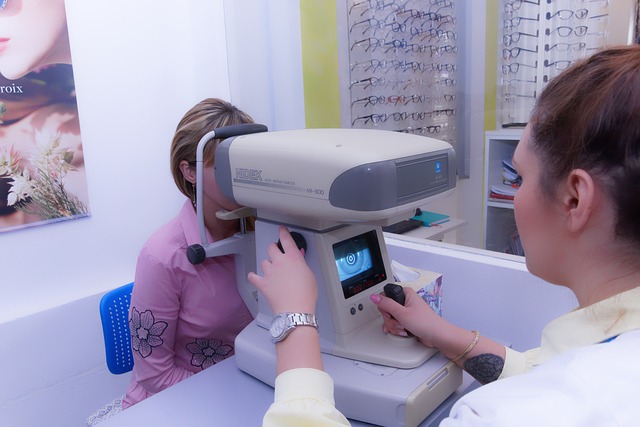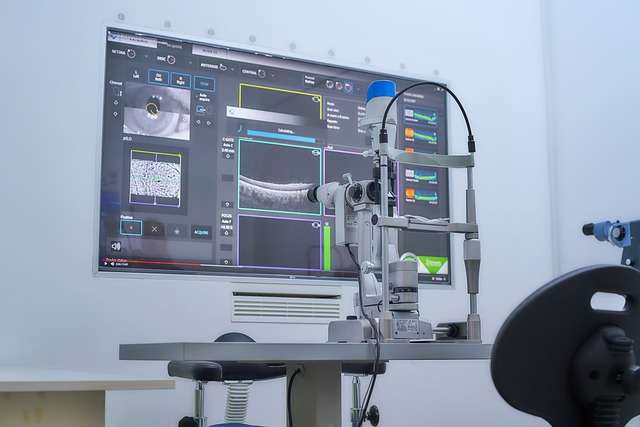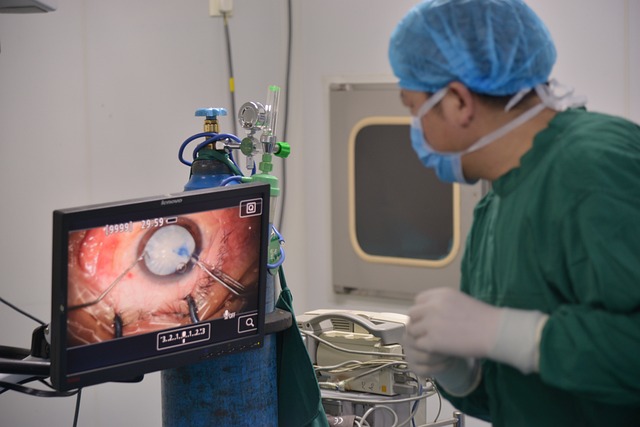The Sunny Truth About Sunglasses and Cataracts
Have you ever wondered, “Does wearing sunglasses help prevent cataracts?” You’re not alone. It’s a question that often comes up, especially during those scorching summer months when everyone’s reaching for their shades. Sunglasses aren’t just a fashion statement; they can be a crucial part of protecting your eyes from harmful UV rays, which are known to be a major factor in the development of cataracts. So, let’s dive in and shed some light on the connection between sunglasses and cataract prevention.
What Are Cataracts?
First, let’s get the basics down. Cataracts are a condition where the lens of your eye becomes cloudy. This cloudiness can affect your vision, making it blurry and less colorful. It’s kind of like trying to look through a fogged-up window. As we age, the proteins in the lens of our eyes start to clump together, forming these cloudy patches. Cataracts can also develop as a result of other factors like diabetes, smoking, and prolonged exposure to UV rays.
The Role of UV Rays in Cataract Formation
We all know that too much exposure to the sun can lead to sunburns and even skin cancer, but did you know that the sun’s ultraviolet (UV) rays can also harm your eyes? That’s right, folks! Prolonged exposure to UV rays can accelerate the formation of cataracts. The sun emits different types of UV radiation, including UVA and UVB rays, which can penetrate the eye and cause damage over time.
Sunglasses: Your Eye’s Best Friend
Here’s the deal: sunglasses can be your eyes’ best friend when it comes to shielding them from the harmful effects of UV rays. Not only do they help you look cool and avoid squinting, but they also provide a barrier that blocks out harmful radiation. When choosing sunglasses, look for those that offer 100% UV protection. This means they block both UVA and UVB rays, reducing your risk of developing cataracts and other eye conditions like macular degeneration and pterygium.

How Sunglasses Protect Your Eyes
When we talk about “does wearing sunglasses help prevent cataracts,” it’s important to understand how sunglasses actually protect your eyes. High-quality sunglasses are designed to absorb or reflect UV rays, preventing them from entering your eyes. This protection is crucial because, over time, UV exposure can cause the proteins in the eye’s lens to break down and clump together, leading to the formation of cataracts. By wearing sunglasses, you’re effectively reducing the amount of UV radiation that reaches your eyes, which can slow down or prevent the development of cataracts.
Picking the Right Pair of Sunglasses
So, you’re convinced that sunglasses are a must-have for eye protection. But how do you pick the right pair? There are a few things to consider when choosing sunglasses to ensure you’re getting the best protection. First, always check the label to ensure they offer 100% UV protection. Polarized lenses are another great option as they reduce glare and enhance visual clarity. Wraparound styles are also beneficial as they block UV rays from all angles, providing more comprehensive protection. Remember, the darker the lens doesn’t necessarily mean better protection – it’s the UV coating that matters most.
More Than Just Cataracts
While we’re focusing on the question, it’s worth noting that sunglasses provide protection against a host of other eye issues. For instance, sunglasses can prevent pterygium, a condition where a growth forms on the eye’s surface, which can lead to discomfort and vision problems. They also help reduce the risk of macular degeneration, a leading cause of blindness in older adults. Plus, let’s not forget the short-term benefits: sunglasses reduce glare, prevent eye strain, and can even protect against dry eyes on windy days.

Making Sunglasses a Habit
Now that we’ve established the benefits of wearing sunglasses, the next step is to make wearing them a regular habit. Whether it’s sunny, cloudy, or snowy, UV rays can penetrate the clouds and reflect off surfaces, posing a risk to your eyes year-round. Keep a pair of sunglasses handy in your car, bag, or near the door so you can grab them whenever you head out. And don’t forget the kids! Children’s eyes are especially vulnerable to UV damage, so make sure they’re wearing sunglasses too.
Sunglasses as a Fashion Statement
Let’s face it: Ray Ban sunglasses are more than just eye protection; they’re a fashion statement. With so many styles, shapes, and colors to choose from, you can express your personality while keeping your eyes safe. From classic aviators and retro cat-eyes to sleek sport sunglasses, there’s a style out there for everyone. Remember that you can also look stylish while doing so.
Myths and Misconceptions
There are a few myths out there about sunglasses and eye health that we need to clear up. One common misconception is that you only need to wear sunglasses on sunny days. The truth is, UV rays are present even on cloudy or overcast days, so it’s essential to wear sunglasses whenever you’re outside. Another myth is that cheap sunglasses don’t offer any protection. While it’s true that some low-cost sunglasses may not provide adequate UV protection, many affordable options do. Just make sure to check the label for 100% UV protection before purchasing.
The Bottom Line
Absolutely! By wearing sunglasses that offer 100% UV protection, you’re significantly reducing your risk of developing cataracts and other eye conditions. Sunglasses aren’t just a summertime accessory; they’re a year-round necessity for protecting your eyes from the harmful effects of UV radiation. So, the next time you step outside, don’t forget to grab your shades – your eyes will thank you!
Conclusion
In conclusion, sunglasses play a vital role in eye health, particularly when it comes to preventing cataracts. By blocking harmful UV rays, sunglasses can slow down the progression of cataracts and protect against other eye conditions. Remember, the key is to choose sunglasses with 100% UV protection and make a habit of wearing them whenever you’re outdoors. So, the next time someone asks you, can confidently say yes, and maybe even help them pick out a stylish pair of their own!

